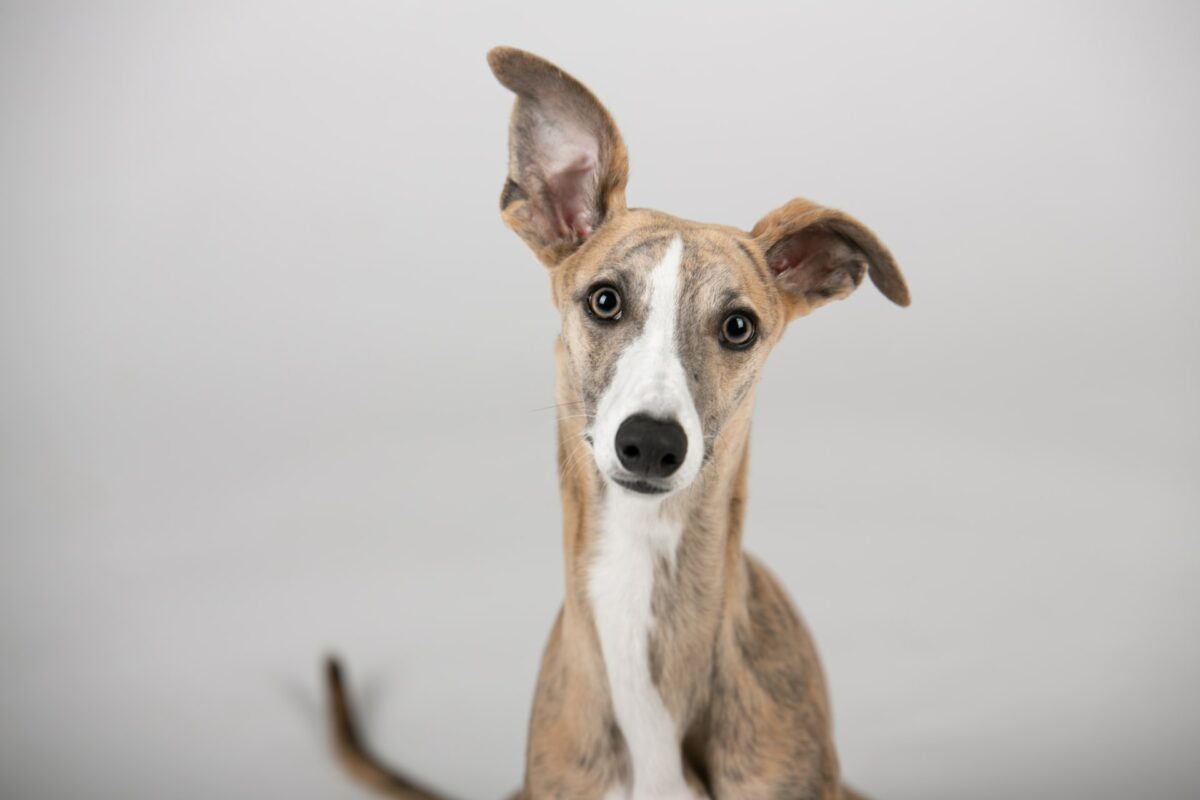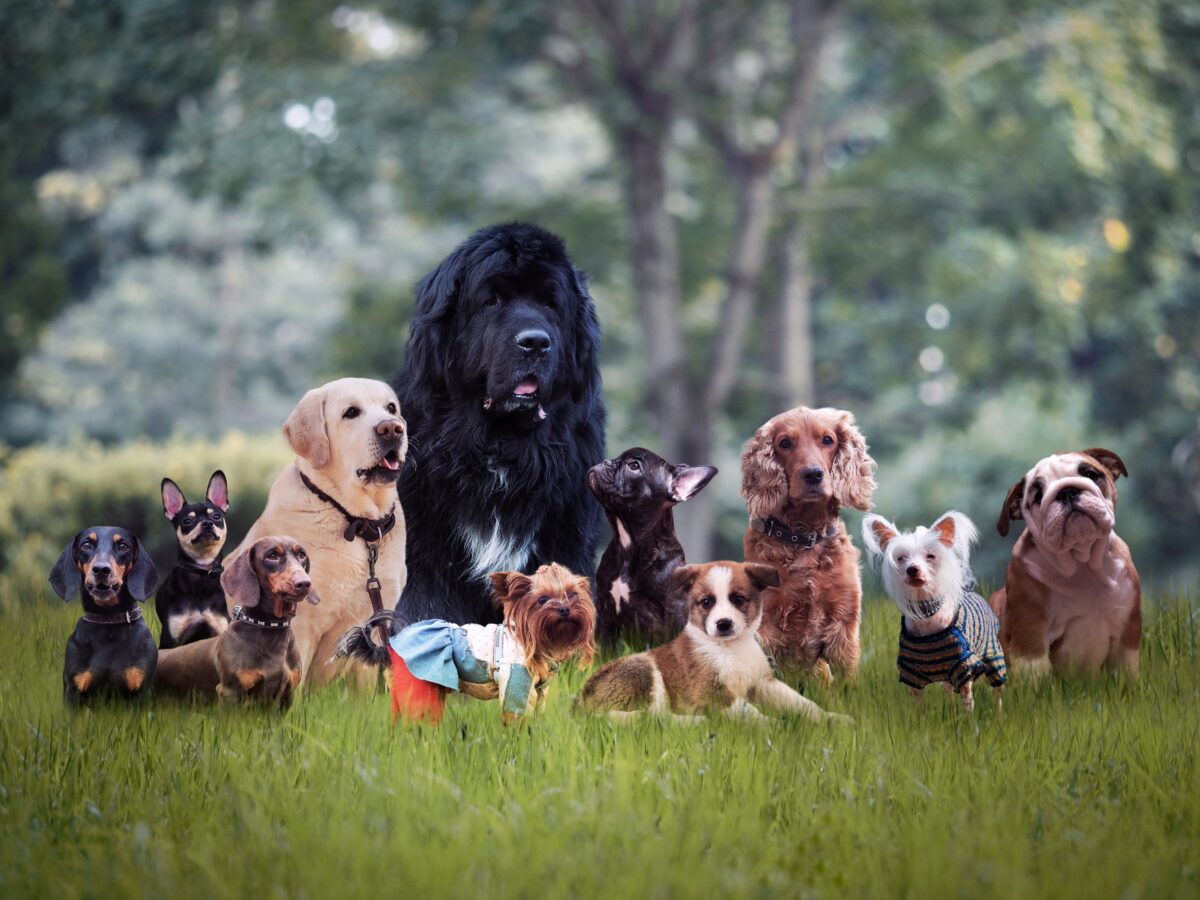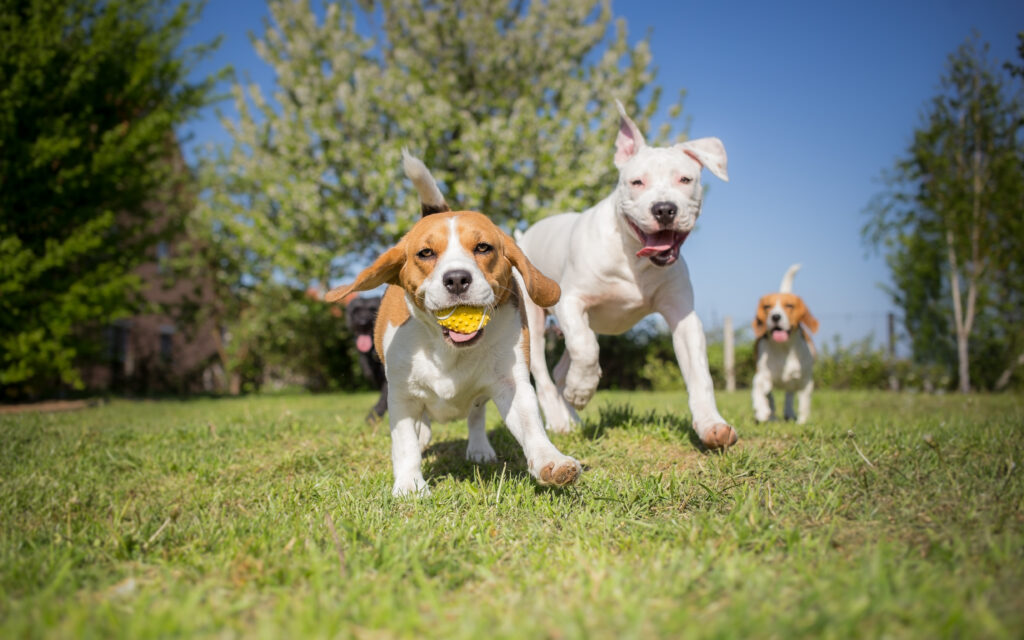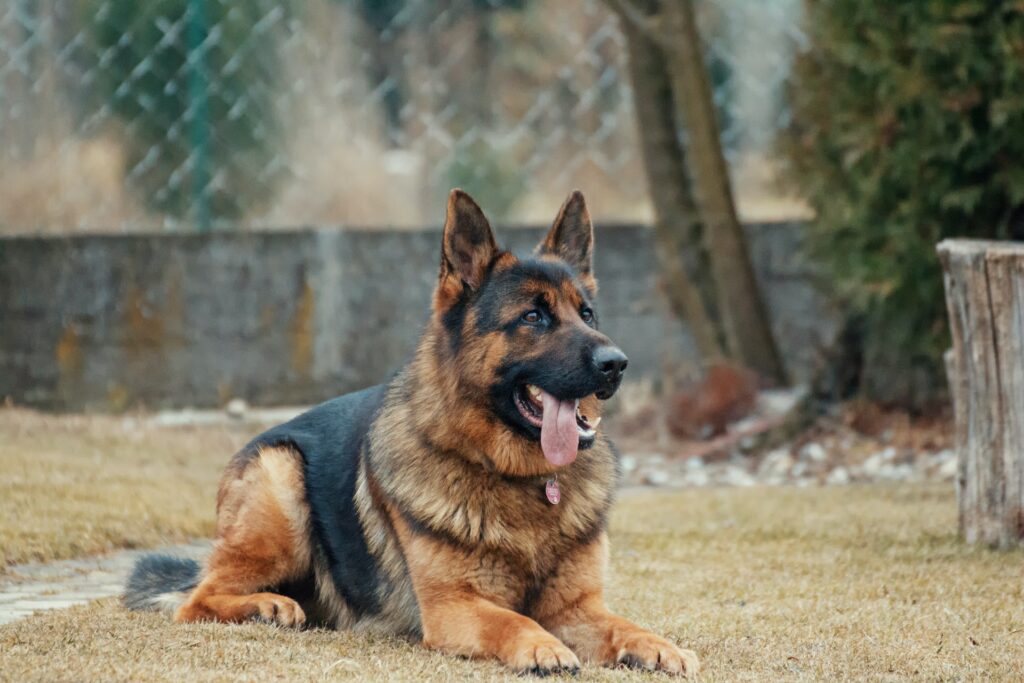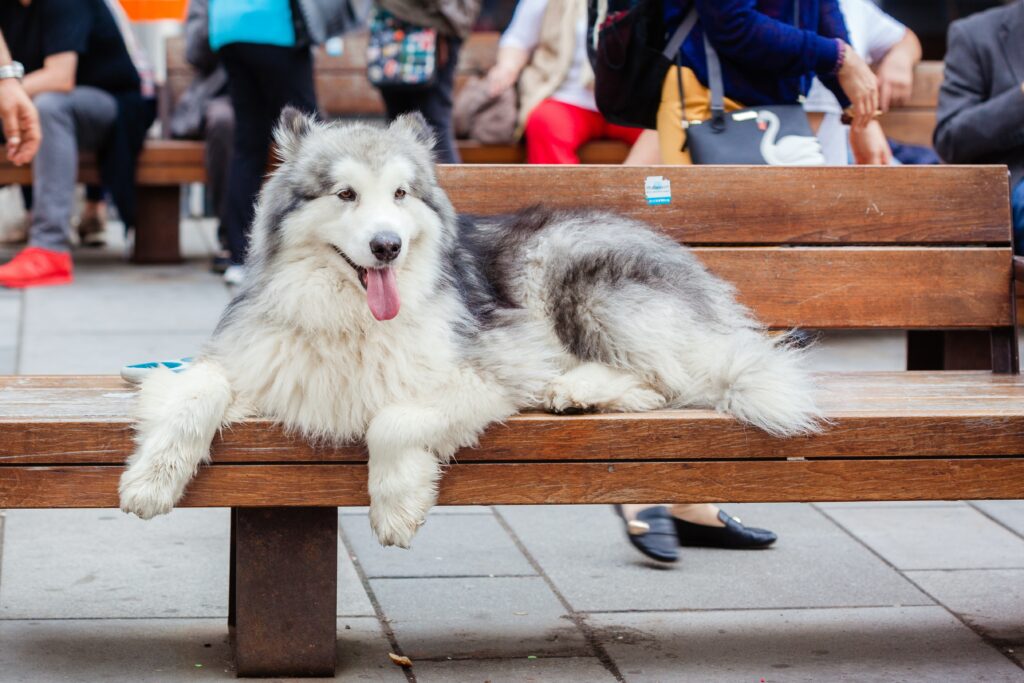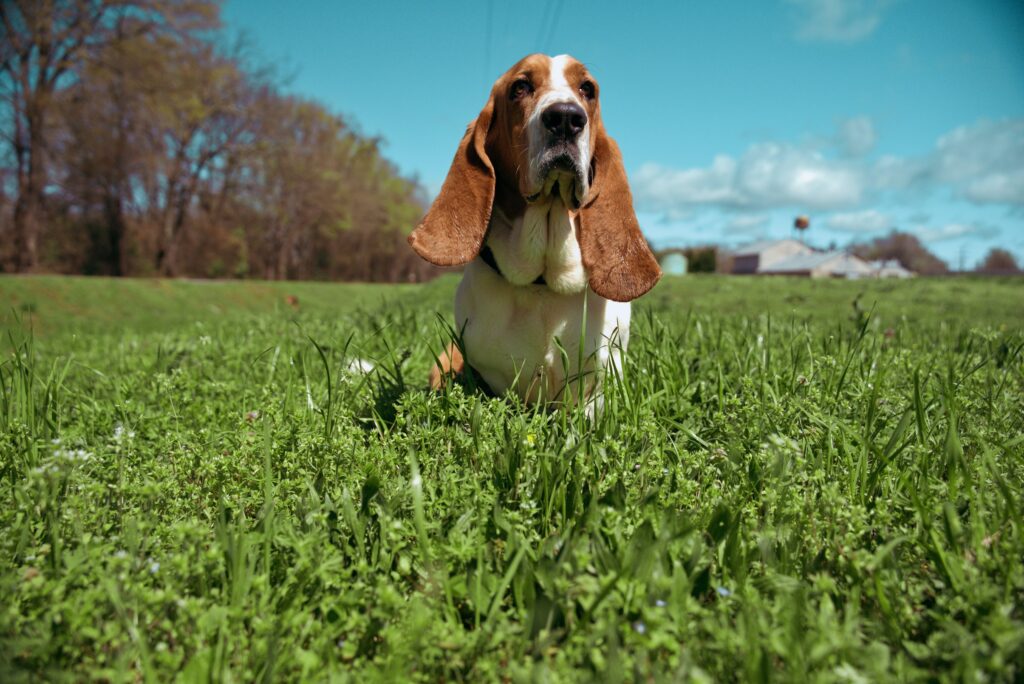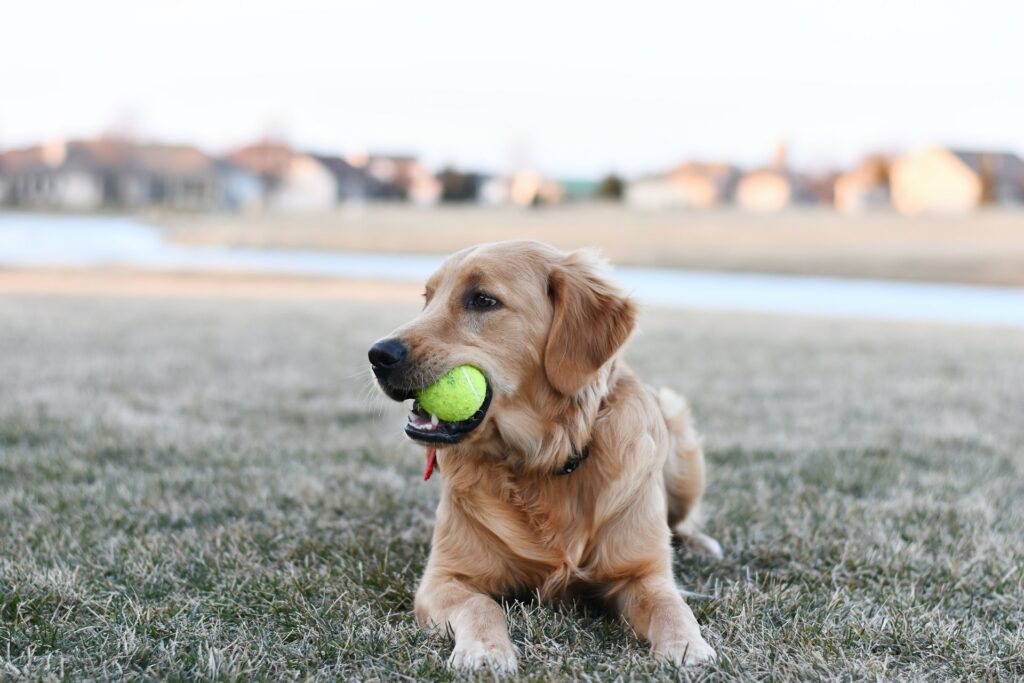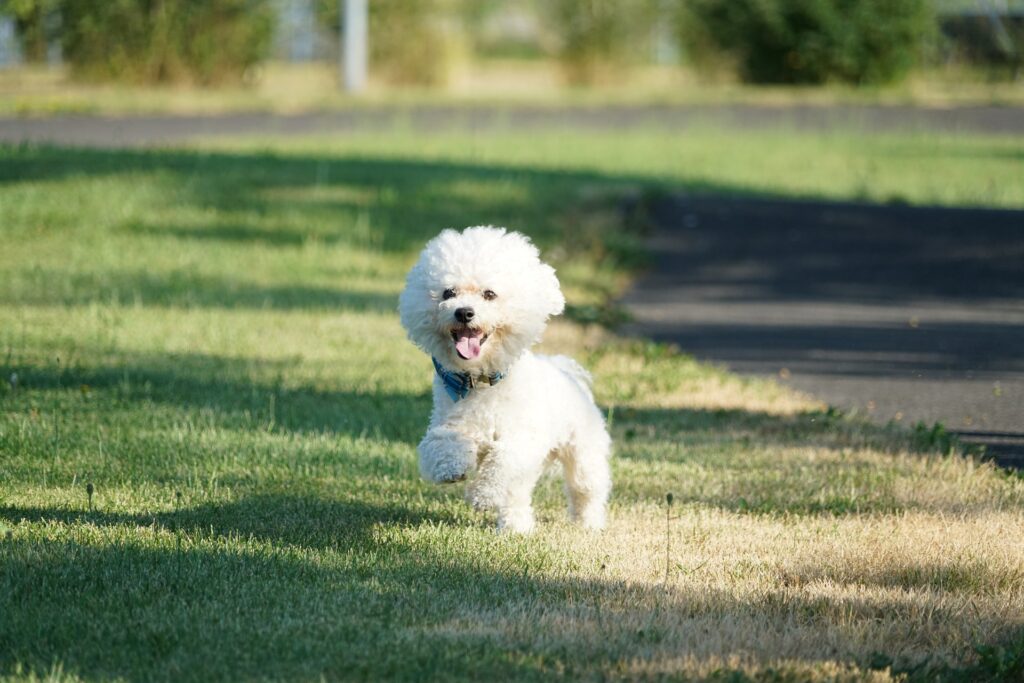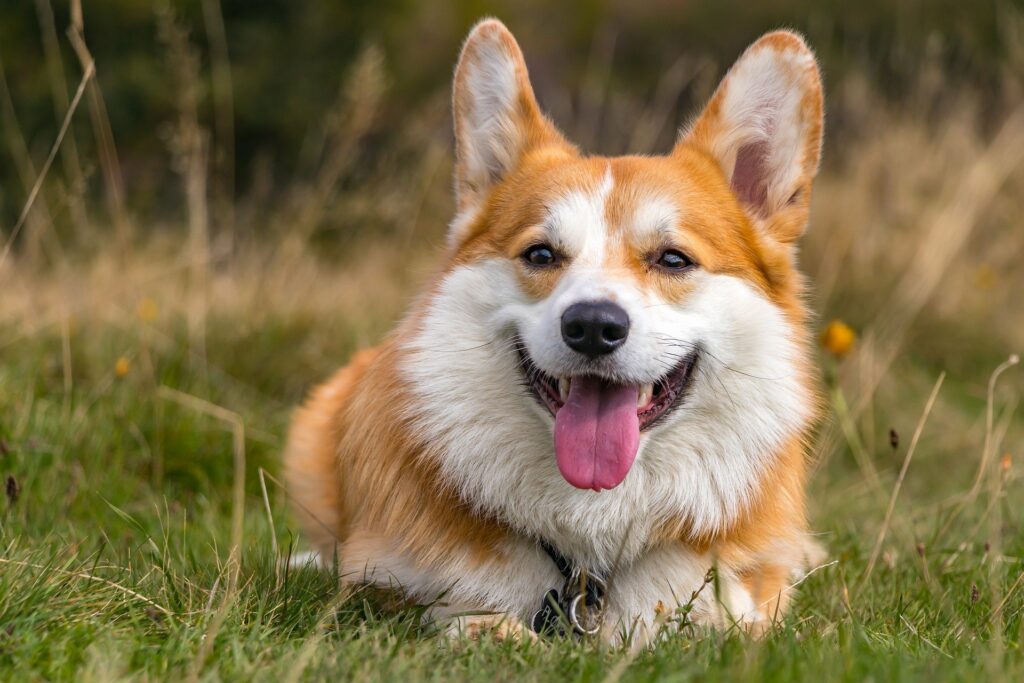There are many reasons why greyhounds make great pets. They are gentle, loving, and loyal dogs that make great companions. They are also relatively easy to care for and train. Additionally, they do not require a lot of exercise and can be content with a short daily walk or run.
Here are ten reasons why greyhounds make great pets:
1. Greyhounds are gentle and loving dogs that make great companions.
2. They are relatively easy to care for and train.
3. Greyhounds do not require a lot of exercise and can be content with a short daily walk or run.
4. They are quiet dogs that do not bark excessively.
5. Greyhounds are clean dogs that do not shed much hair.
6. They are intelligent dogs that can be easily trained to perform tricks or obedience commands.
7. Greyhounds are good watchdogs as they will alert you if someone is approaching your home.
8. They are low-maintenance dogs that do not require a lot of grooming.
9. Greyhounds are typically healthy dogs that do not have many health problems.
10. They are loyal dogs that will form a close bond with their owners.
Why You Should Get a Greyhound
If you are looking for a gentle, loving, and loyal dog that makes a great companion, then a greyhound may be the perfect pet for you. They are relatively easy to care for and train, and they do not require a lot of exercise. Greyhounds make great watchdogs and are typically healthy dogs that form a close bond with their owners.
Things You Should Know About Greyhounds
Before getting a greyhound, there are a few things you should know about these dogs. Greyhounds are high-energy dogs that need daily exercise. They also need a lot of space to run and play. Additionally, they should not be left alone for long periods of time as they can become anxious and destructive.
While greyhounds make great pets, they are not the right dog for everyone. If you are looking for a low-maintenance pet that does not require a lot of exercise or space, then you should consider another breed of dog. However, if you are willing to provide your greyhound with the daily exercise and attention they need, then you will be rewarded with a loyal and loving companion.
Adopting a Greyhound
If you are interested in adopting a greyhound, there are a few things you need to know. First, you will need to find a reputable greyhound rescue or adoption agency. Next, you will need to fill out an application and undergo a home visit. Once your application is approved, you will be able to adopt a greyhound of your own.
When adopting a greyhound, be sure to ask about their care requirements and whether they have any special needs. For example, some greyhounds may require daily medication due to allergies or other health conditions. Additionally, be sure to ask about the adoption fee as this can vary depending on the rescue or adoption agency.
Caring for Your Greyhound
Once you have adopted your greyhound, there are a few things you need to do to ensure they are healthy and happy. First, you will need to provide them with a nutritious diet and plenty of fresh water. Next, you will need to exercise them daily. This can be done by taking them for walks, runs, or playing fetch in your backyard. Additionally, you should take them to the vet for regular check-ups and vaccinations.
Greyhounds are gentle, loving, and loyal dogs that make great pets. If you are willing to provide them with the exercise and attention they need, then you will be rewarded with a lifelong companion.
